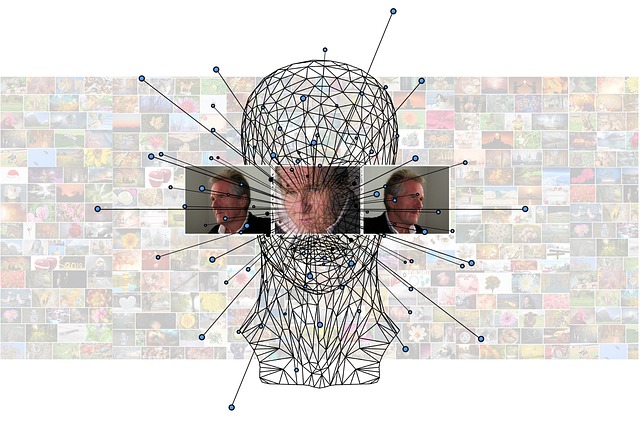The landscape of technology is continuously evolving, and at its forefront lies the concept of hybrid systems. These systems embody the fusion of traditional methods and modern advancements, creating a powerful synergy that transforms various fields, particularly in robotics, artificial intelligence (A.I.), and business automation.
In the realm of robotics, hybrid systems are a game-changer. By combining classical control techniques with cutting-edge machine learning algorithms, robots are now capable of performing complex tasks with unprecedented precision and adaptability. Imagine a factory floor where robots can seamlessly switch between assembly line roles and tasks that require quick problem-solving—this is the promise of hybrid systems. They empower robots to be more versatile, efficient, and capable of learning from their environments, leading to increased productivity and reduced human error.
Artificial intelligence, as a core element of modern technology, also greatly benefits from the integration of hybrid systems. By leveraging data from various sources, A.I. can enhance its decision-making processes and learn from different paradigms. The marriage of supervised and unsupervised learning techniques within hybrid systems allows A.I. to form more accurate models and predictions. This multidimensional approach leads to more intelligent systems that can operate in dynamic environments, responding to new challenges with agility and insight.
Moreover, hybrid systems are revolutionizing business automation. Companies today are increasingly relying on intelligent systems to optimize operations, manage resources, and enhance customer interactions. By incorporating both rule-based automation and machine learning, businesses can streamline workflows while also adapting to changing market conditions. For instance, a customer service chatbot that uses a hybrid model can provide accurate responses by referencing historical data while simultaneously learning from ongoing interactions. This results not only in improved customer satisfaction but also in significant cost savings and operational efficiency.
The potential of hybrid systems extends beyond operational improvements; it also fosters innovation and creativity. By encouraging interdisciplinary collaboration, organizations can unlock new ideas and approaches that a single technology might overlook. Engineers, data scientists, and business strategists working together can harness the strengths of various methodologies, resulting in solutions that are not only efficient but also innovative.
As we continue to explore the potential of hybrid systems, it becomes evident that their application is crucial for the next generation of technological advancements. Whether it’s enhancing the capabilities of robots, refining the intelligence of A.I., or transforming how businesses operate, hybrid systems are key to unlocking new possibilities. The future is here, and it is dynamic, adaptive, and incredibly promising.




